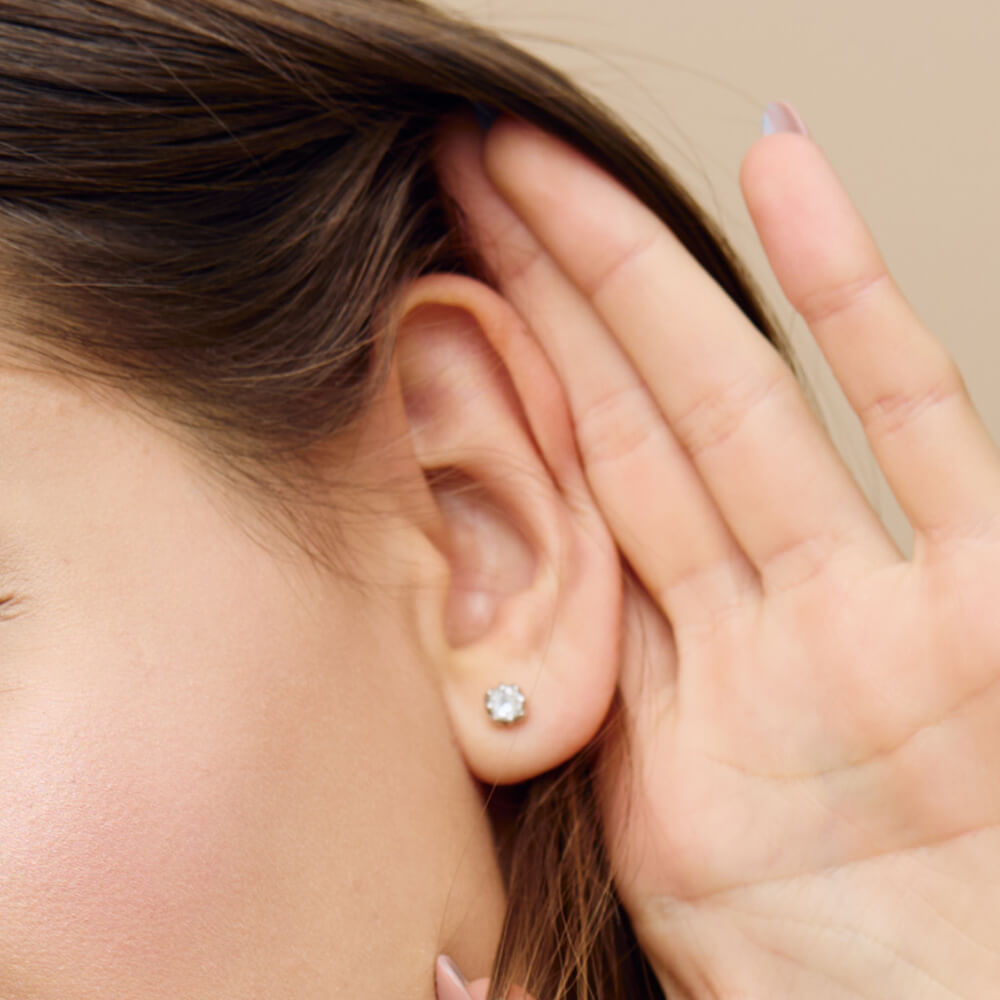Hearing Loss
An estimated 48 million Americans (20%) experience hearing loss in the United States.

Based on data from federal surveys, the number of Americans (age 3 and older) living with hearing loss has doubled in 30 years between 1971 and 2000. Statistics show that an estimated 1 to 6 out of 1000 infants are born with congenital hearing loss, while some may have hereditary hearing loss that may not occur until later in childhood.
As for adults, sudden sensorineural hearing loss occurs within 5 to 20 cases out of 1000, while noise exposure is the most common risk factor, with 30 million Americans exposed daily to dangerously high sound levels.

Types of Hearing Loss
Causes of Hearing Loss
The two most common causes of hearing loss are age and exposure to loud sounds. As humans age, specific cells in our ears that facilitate the amplification and transmission of sound waves as signals to the brain irreparably cease to function. Lengthy exposure to loud sounds throughout our lives also has a detrimental effect on our hearing. Other causes include certain diseases such as otosclerosis (a defect with middle ear bones), Meniere’s disease (a disorder of the inner ear, also related to tinnitus and vertigo), head trauma, perforated eardrums, ear infections (otitis media – infection of the inner ear), benign tumors and impacted earwax.
Many potential factors could lead to hearing loss; as such, a hearing test and consultation with a hearing professional are recommended to determine the type and possible cause.

